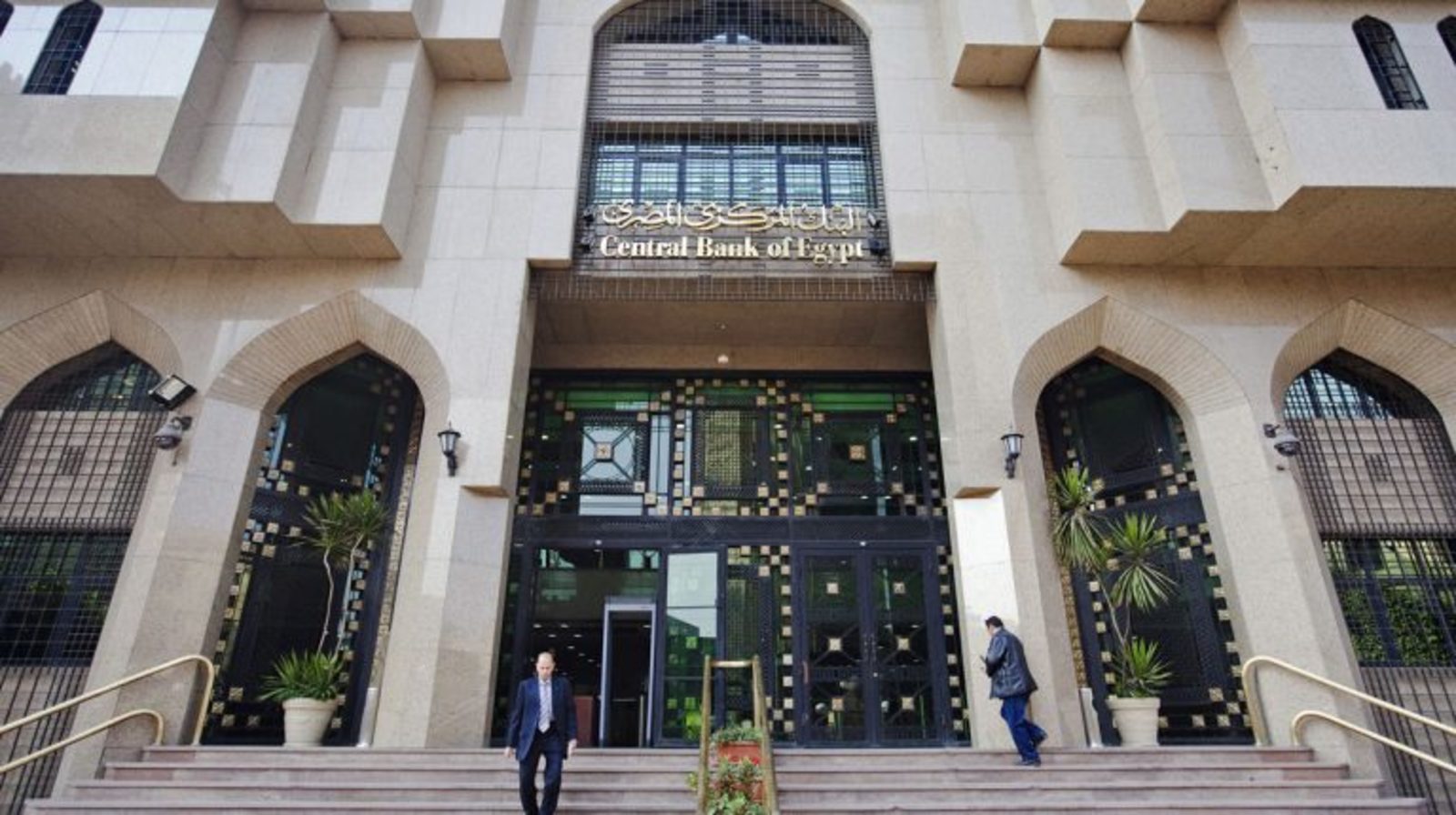Egypt remains top carry trade as CBE leaves rates on hold

The Central Bank of Egypt (CBE) left rates on hold for a fourth consecutive meeting last Wednesday as policymakers looked to keep Egypt’s carry trade the most attractive in the world — and anticipated heightened inflation. The Monetary Policy Committee (MPC) said in a statement (pdf) following the meeting that indicators suggest the economy is recovering to pre-pandemic levels and that inflation has stabilized, though cautioned that international commodity and food prices are continuing to rise.
Where do rates stand now? Overnight deposit and lending rates are unchanged at 8.25% and 9.25% respectively, while main operation and discount rates remain at 8.75%.
The hold was expected by all 14 analysts and economists we surveyed ahead of the meeting. The pool was in agreement that rising commodity prices and heightened US interest rates would prompt the central bank to maintain rates at current levels to maintain portfolio flows and avoid stoking a pick up in inflation.
The decision means Egypt’s real rates continue to be the highest in the world, according to Bloomberg, which tracks rates offered by 50 countries around the world. Egypt’s real rate tops the list at 3.8%, with both Vietnam and Turkey coming in second at 2.8%.
“Monetary policy has been driven by the need for inflows,” Jefferies International MENA Analyst Alia Moubayed told Bloomberg TV (watch, runtime: 50:21). “In the absence of a fast recovery, in tourism on the one hand but also FDI and a strong export boost, the central bank is using interest rate policy as a channel for further flows into the Egyptian economy and helping it to meet its large external financing needs for this year,” she said. Foreign investment in EGP bonds eclipsed their pre-covid peak earlier this year, rising to USD 29 bn in February. Egyptian debt saw some USD 18 bn in outflows between March and May last year as foreign investors fled to safe haven assets in response to the covid pandemic.
The need for portfolio inflows will remain until tourism revenues begin to pick up and FDI increases, Bloomberg reported HSBC economist Simon Williams as saying before the meeting. Tourism revenues fell to just USD 1.78 bn between July and December, down from USD 7.25 bn during the same period in 2019, according to central bank figures.
Keeping rates high is all the more important in the face of rising yields in the US: Egypt remains vulnerable to rising US yields which threaten to tempt foreign investors away from emerging markets, Pharos’ head of research Radwa El Swaify told us. A rapid recovery in the US, combined with the bumper Biden stimulus package, has expectations high for a pick up in inflation, which has pushed up yields on US bonds in recent weeks. This caused emerging market bond funds to suffer their biggest outflows in almost a year in March as investors were drawn back to US debt.
Inflation has been muted this year despite rising global commodity prices: Annual urban inflation increased only slightly during the first quarter of the year, rising from 4.3% in January to 4.5% in March, despite a global backdrop of rising food and commodity prices. Food prices are now at highs not seen since 2013 while oil prices have recovered to pre-pandemic highs and metals are surging.
But inflationary risks will likely remain limited: The base effect and global commodity and raw material prices are likely to push inflation up in the medium term, but prices will likely remain within the central bank’s target range, El Swaify said. “We see inflation fluctuating just below 4% in 2Q2021 before rising to 5-6% y-o-y during the second half of the year, ending FY2020-2021 at an average of 4.5%,” El Swaify said. This is still short of the central bank’s 7% (± 2%) target range.
SPEAKING OF FX- Egypt’s foreign currency reserves can now cover over seven months of imports, Finance Minister Mohamed Maait said in a statement Wednesday. Egypt added another USD 140 mn to its reserves in March to end the month at USD 40.34 bn.